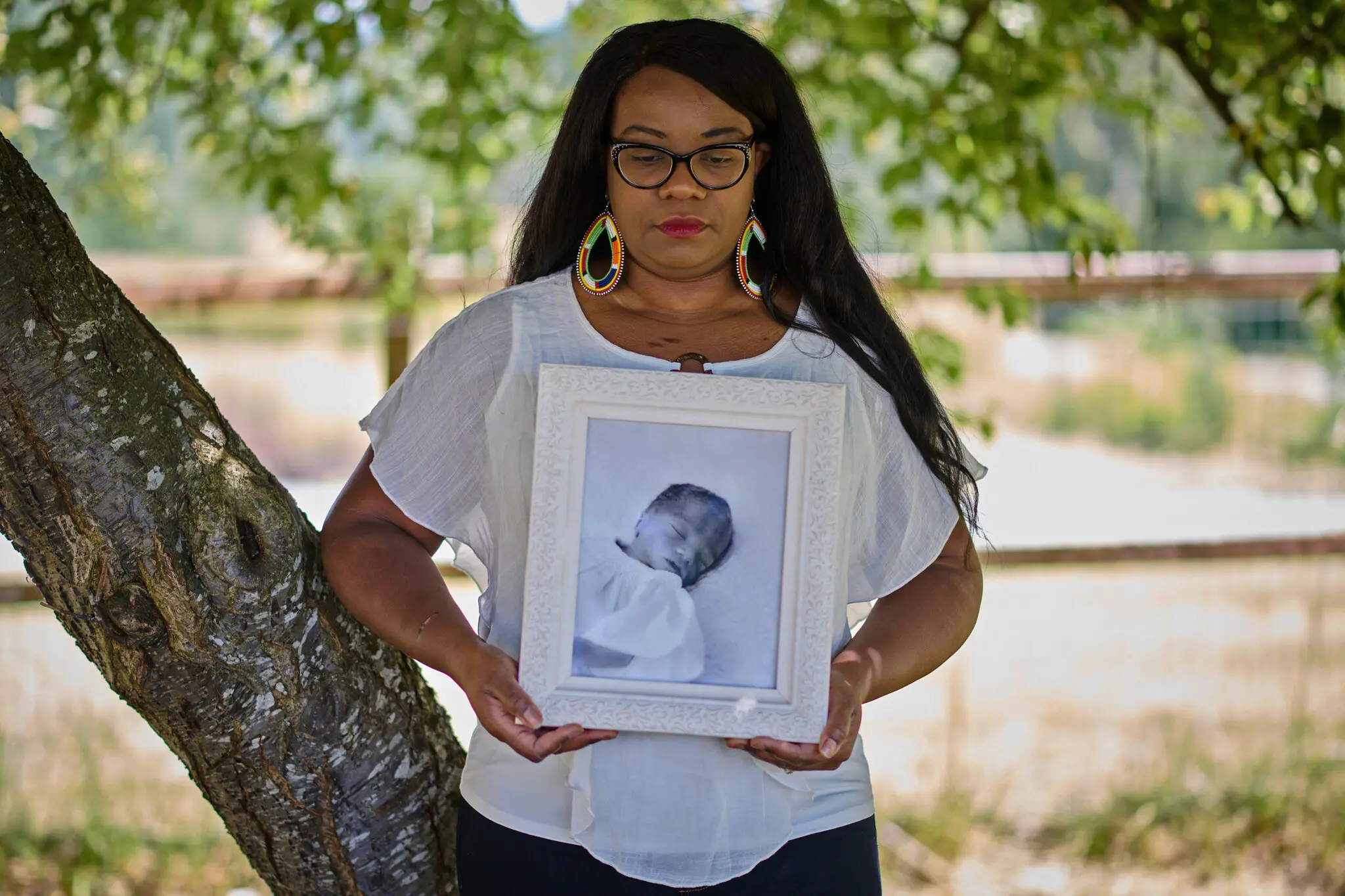
Many Black women express a sense of being ignored or dismissed by healthcare professionals. The repercussions of such experiences can be life-threatening for both mothers and babies. The New York Times has published a new article that takes a closer look at this issue. It’s entitled “How Unconscious Bias in Health Care Puts Pregnant Black Women at Higher Risk.” Here at SunShower Learning, we found this article particularly interesting because it highlights a troubling disparity that demands urgent attention and examination. It also supports the work that we have been doing with hospitals and health care facilities.
The article looks at studies that validate patients’ experiences of pervasive bias in the medical system. Specific findings include the fact that “Black women die of pregnancy-related complications at two to three times the rate of white women, have worse pregnancy outcomes, lose more infants in the first year of life and have higher rates of preterm birth and stillbirth when compared with white women.”
The article also revealed the following alarming pattern: “Analyses of taped conversations between physicians and patients have found that doctors dominate the conversation more with Black patients and don’t ask as many questions as they do of white patients.” Moreover, “In medical notes, doctors are more likely to express skepticism about the symptoms Black patients report. These findings have forced the medical establishment to acknowledge and confront its biases. Many health systems have mandated anti-bias training for faculty. Some hospital committees that review cases with poor outcomes in order to identify the causes now consider whether racial bias played a role.”
At SunShower Learning, we have conducted training sessions for numerous health systems, where we’ve encountered stories of both unconscious and conscious bias against individuals from marginalized groups. As we work with employees, managers and internal trainers, we consistently emphasize the importance of raising awareness about these challenges. Our goal is to underscore the significant impact individuals can have on their interactions with patients, and we stress the need to scrutinize the system for embedded biases contributing to inequities. These inequities permeate deeply, influencing all individuals within the system and shaping their decisions regarding patient care. Without addressing and dismantling these inequities, decisions made within the system remain vulnerable to biases that can adversely affect patients.
Lisette Martinez, Chief Equity, Diversity, Inclusion and Belonging Officer at the National Audubon Society and former Executive Vice President and Chief DEI Officer at Jefferson Health, is a distinguished DEI expert with whom we work. She stresses that DEI is particularly important when it comes to health care. As she explains, “I had to talk to a lot of folks to better understand how to incorporate cultural competence without creating stereotypes. I also wanted to capitalize on my belief that we all share a common humanity despite our differences. All things considered, I wanted to help clinicians communicate better and build trust with their patients because if patients don’t trust you, they will not adhere to their treatment plans.”
Read about Lisette’s upcoming course, DEI LEAP.
Read about SunShower Learning’s Defeating Unconscious Bias course.
(Featured image: Shakima Tozay, of Stanwood, Wash., held a portrait of her son, Jaxson, who died in the womb and was delivered via cesarean section. Credit…Chona Kasinger for The New York Times)

